Dan Erez
Developing locally with Kubernetes - a Guide and Best Practices
#1about 5 minutes
Understanding the pros and cons of microservices architecture
Microservices offer benefits like independent scaling and deployment, but can lead to complex systems that are difficult to manage.
#2about 5 minutes
Using Kubernetes for complex integration testing
As business processes involve more microservices, Kubernetes becomes essential for managing integration testing environments that local setups cannot handle.
#3about 2 minutes
Comparing local, remote, and hybrid Kubernetes environments
Developers can choose between isolated local setups, scalable remote clusters, or a hybrid model, but shared environments introduce collision risks.
#4about 3 minutes
Managing the high cost of cloud development environments
The rising expense of public cloud services necessitates careful cost management using tools like OpenCost to avoid impacting a company's financial health.
#5about 3 minutes
Leveraging idle employee machines as a free cloud
A novel approach to reduce cloud costs involves creating a distributed computing grid by utilizing the idle processing power of employee computers.
#6about 3 minutes
The benefits of running Kubernetes locally for development
Using a local Kubernetes setup ensures environment parity with production, reduces bugs, improves developer familiarity with operations, and enables offline work.
#7about 6 minutes
How to choose the right local Kubernetes distribution
A comparison of popular local Kubernetes distributions like Kind, Minikube, and K3s highlights their trade-offs in resource usage, features, and setup complexity.
#8about 5 minutes
Using Telepresence to solve the shared cluster problem
Tools like Telepresence solve the developer collision problem in shared clusters by intercepting and redirecting specific traffic to a developer's local machine for debugging.
#9about 5 minutes
Demo of local debugging with Kind and Telepresence
A practical demonstration shows how to use Kind to run a local cluster and Telepresence to intercept traffic for live debugging and code changes.
#10about 1 minute
Key takeaways for an efficient Kubernetes development workflow
Choose the simplest approach that works, from avoiding Kubernetes entirely to using a central cluster with tools like Telepresence for complex projects.
Related jobs
Jobs that call for the skills explored in this talk.
ROSEN Technology and Research Center GmbH
Osnabrück, Germany
Senior
TypeScript
React
+3
VECTOR Informatik
Stuttgart, Germany
Senior
Kubernetes
Terraform
+1
Power Plus Communications
Mannheim, Germany
Intermediate
Senior
Docker
Kubernetes
+1
Matching moments
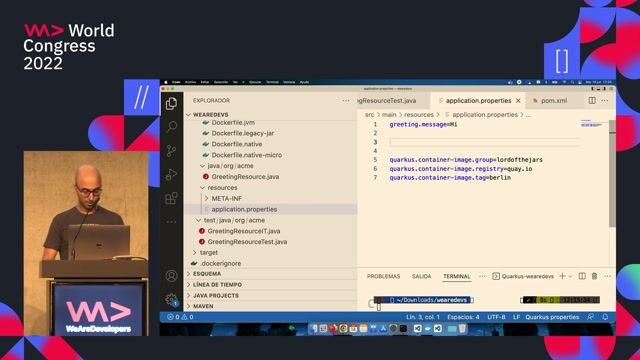
06:34 MIN
Live coding on a remote Kubernetes cluster
Quarkus. A Bliss for developers
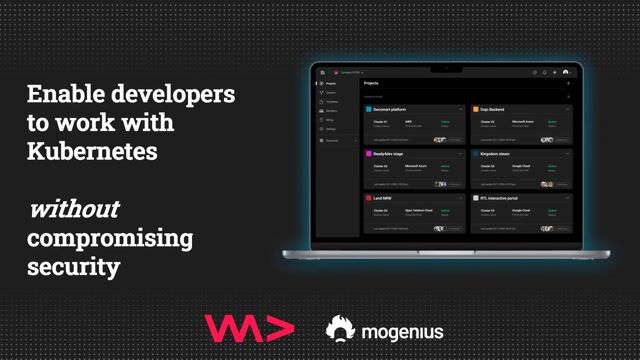
01:28 MIN
The challenges of Kubernetes complexity for developers
Startup Presentation: Achieving True Developer Self-Service in Kubernetes
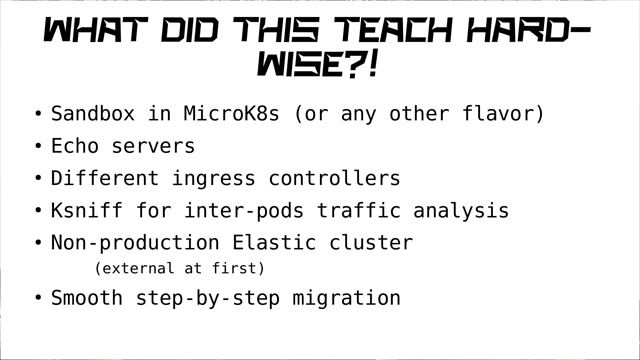
03:01 MIN
Tools and techniques for Kubernetes development
How I saved 200K/yr in direct costs writing 0 code lines in K8s
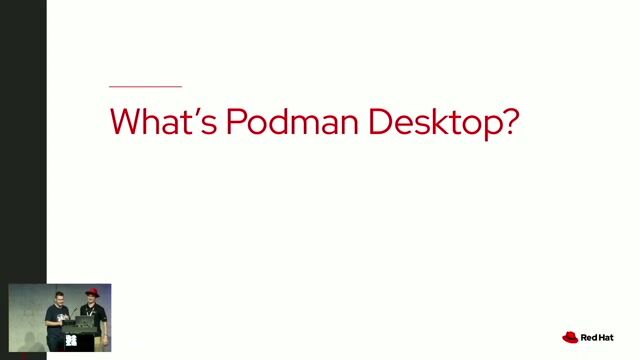
04:28 MIN
Bridging local development and production with Podman Desktop
Containers and Kubernetes made easy: Deep dive into Podman Desktop and new AI capabilities
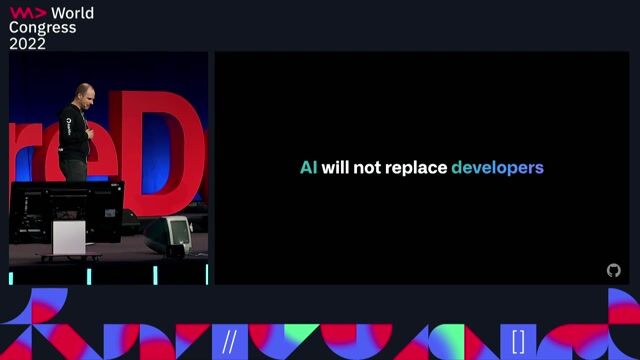
02:54 MIN
The shift to cloud-based development environments
How we will build the software of tomorrow
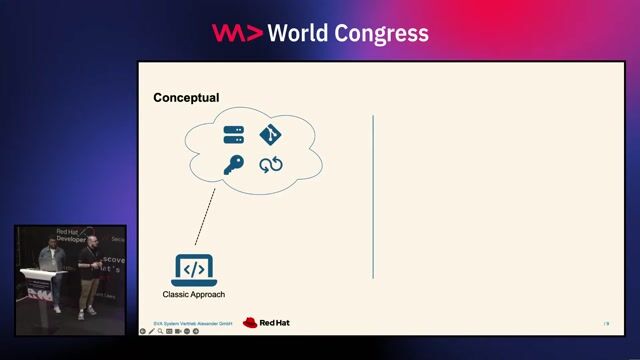
02:58 MIN
Comparing local and remote cloud development environments
Eclipse Che for Infrastructure Automation

26:30 MIN
Q&A: Key skills, complex projects, and the future of tech
Retooling and refactoring - an investment in people.
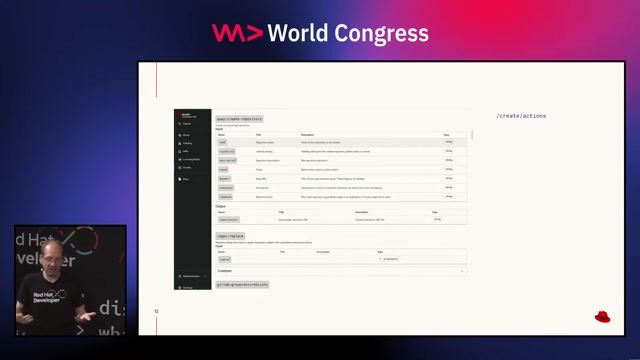
02:19 MIN
Setting up a local Backstage instance for development
Backstage Software Templates for Java Developers
Featured Partners
Related Videos
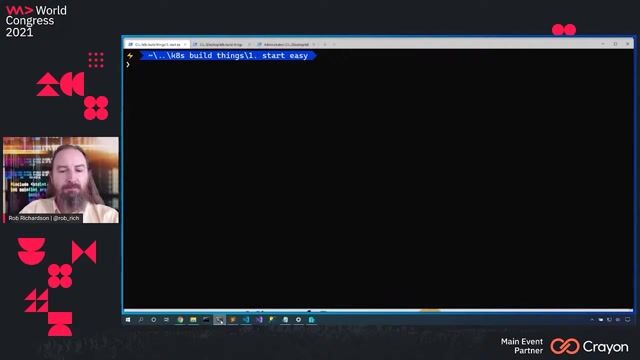 40:00
40:00Local Development Techniques with Kubernetes
Rob Richardson
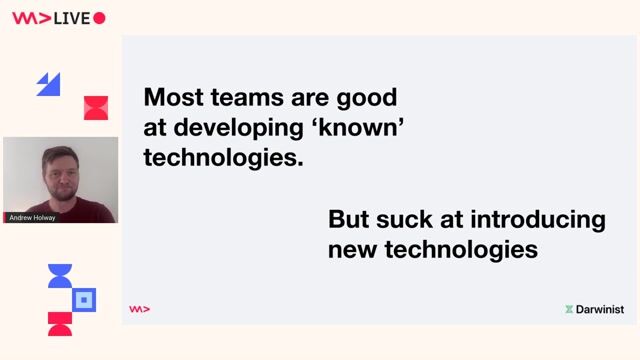 50:23
50:23Retooling and refactoring - an investment in people.
Andrew Holway
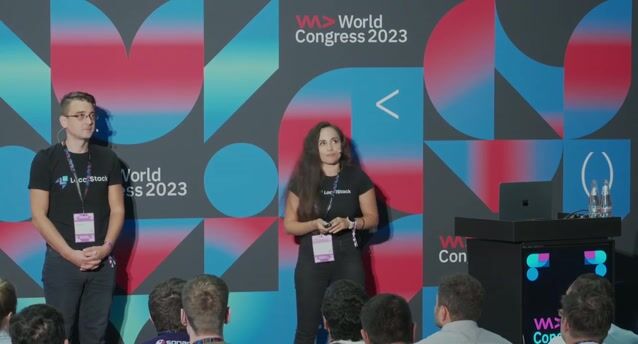 23:00
23:00Cloud as the new mainframe: why the cloud hype does not reflect the dev reality
Gerta Sheganaku & Waldemar Hummer
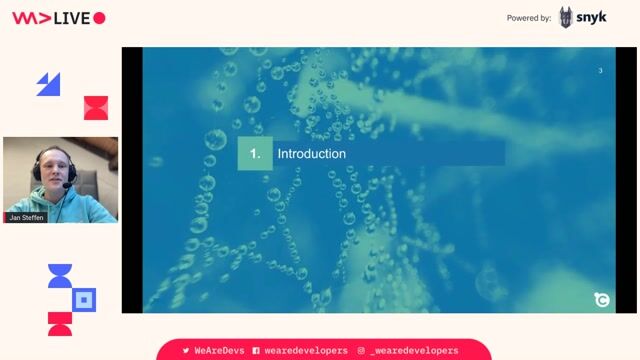 31:48
31:48Monoskope: Developer Self-Service Across Clusters
Jan Steffen
 58:40
58:40Platform Engineering vs. DevOps Why not both?
Christian Strack
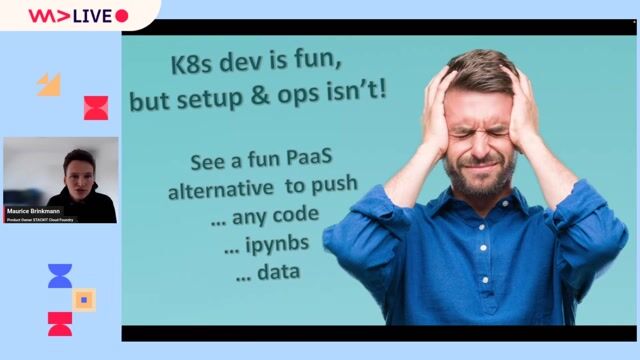 56:15
56:15Kubernetes dev is fun, but setup and ops isn't! See a fun PaaS alternative to push any code, ipynbs or even just data!
Maurice Brinkmann
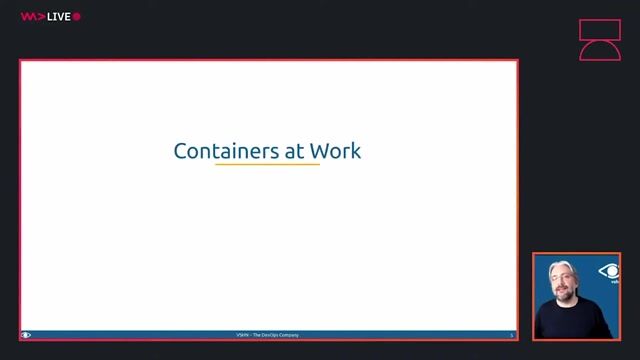 43:39
43:39Reusing apps between teams and environments through Containers
Adrian Kosmaczewski
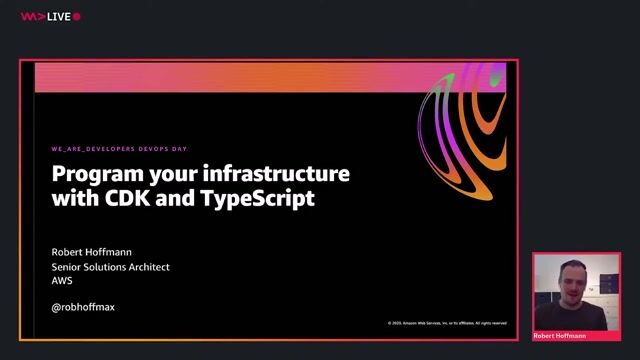 34:39
34:39Program your infrastructure with CDK and TypeScript
Robert Hoffmann
Related Articles
View all articles



From learning to earning
Jobs that call for the skills explored in this talk.



eXperience IT Solutions
Municipality of Madrid, Spain
Go
API
ELK
Bash
YAML
+10

Cloud Solutions
Frankfurt am Main, Germany
Go
Bash
Rust
Linux
Shell
+6

Hornbach-Baumarkt AG
Bornheim, Germany
Remote
Go
Java
Bash
Azure
+11

AllatNet Recruiting GmbH & Co. KG
Mittleres Schussental GVV, Germany
Go
Bash
DevOps
Python
Openshift
+3

Rocken AG
Bern, Switzerland
Remote
Linux
DevOps
Kubernetes
Microservices

Rocken AG
Zürich, Switzerland
Remote
Java
DevOps
Kubernetes
Google Cloud Platform
+1

Kubernetes-related
Ripley, United Kingdom
Intermediate
ELK
Bash
Azure
NoSQL
DevOps
+13